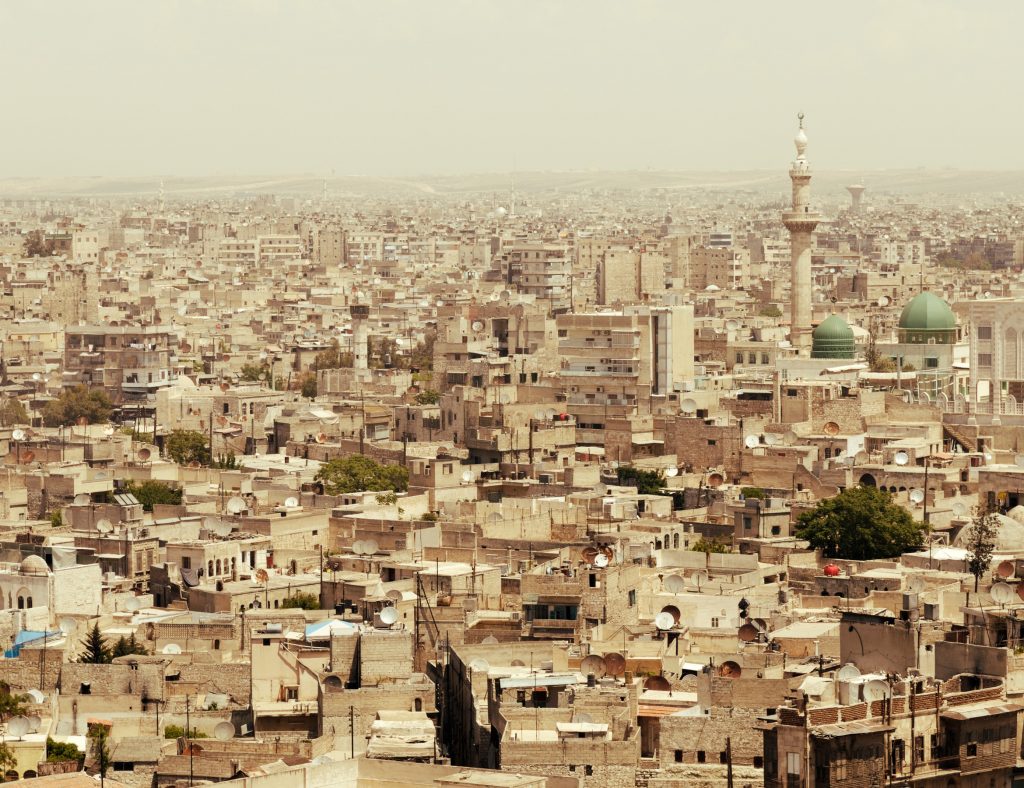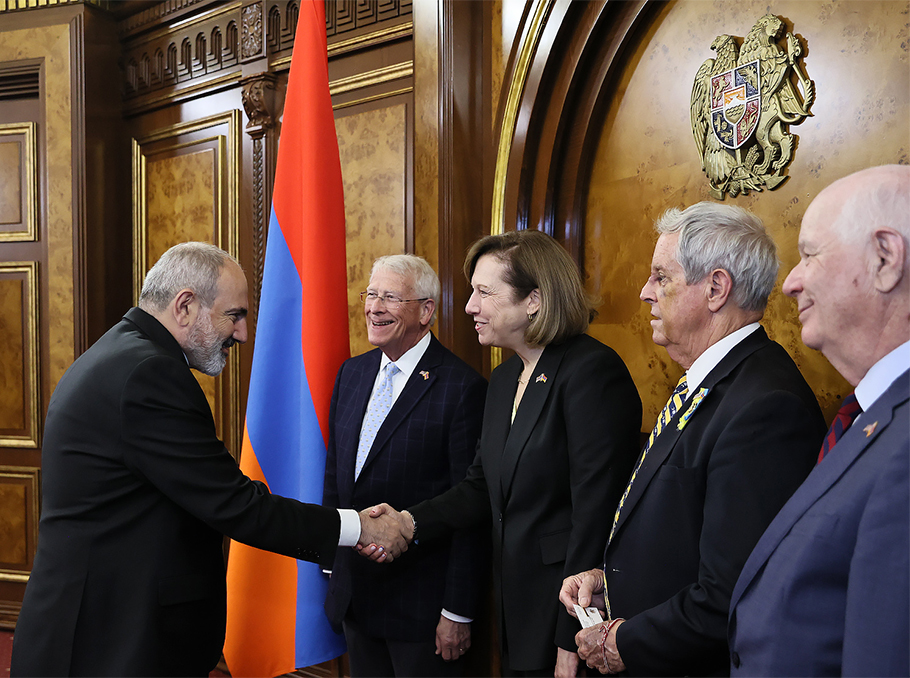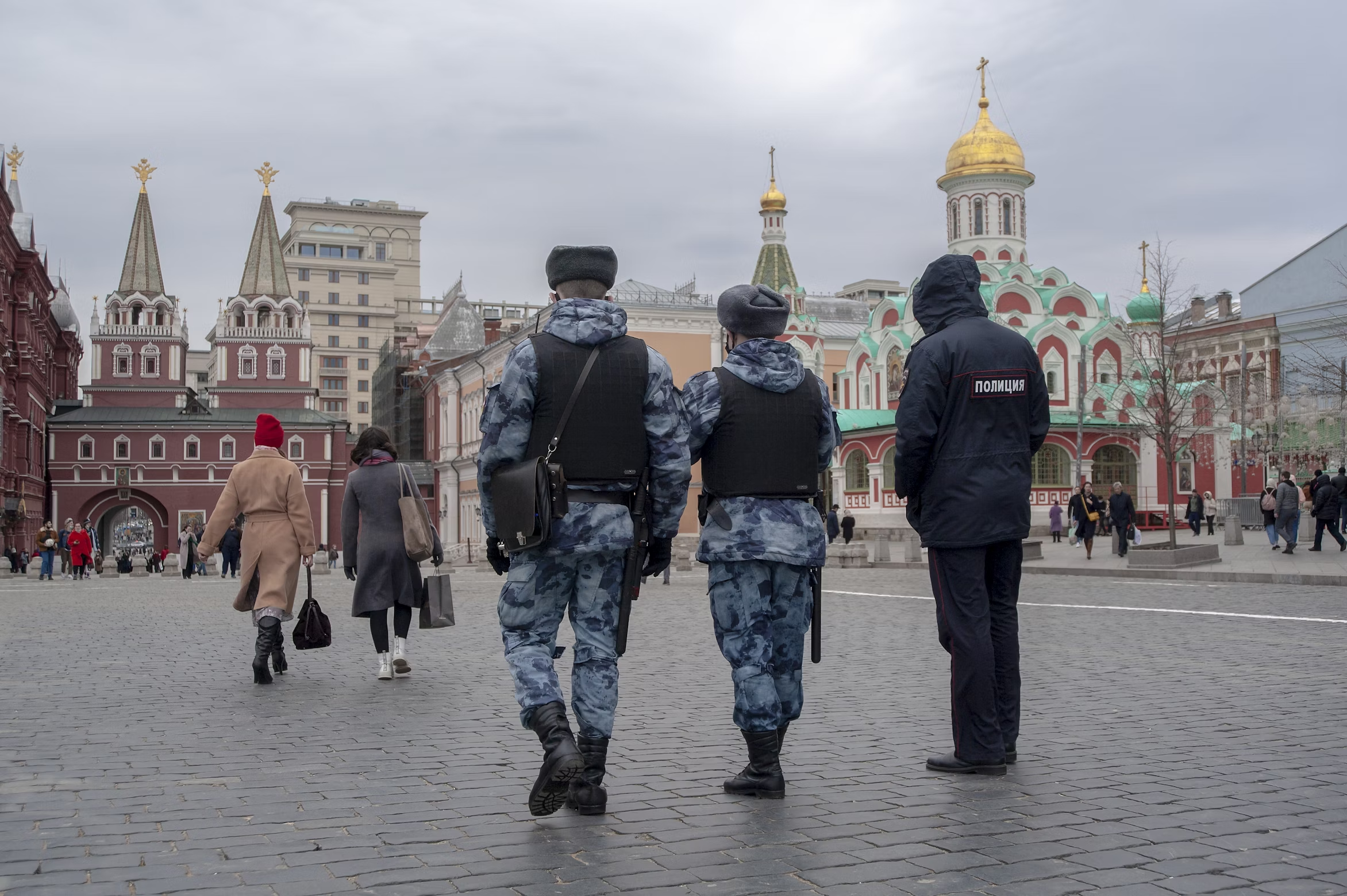Mr. President, I rise to congratulate the people of Romania and newly elected President Traian Basescu on the success of their recent national elections, and to encourage them in their efforts to consolidate democracy in Romania. In the 15 years since the overthrow of the brutal Communist dictatorship which ruled that country for decades, Romania has undertaken four successful national elections and peaceful transfers of power, and has made important strides in building democratic institutions and the rule of law.
I was recently appointed chairman of the Commission on Security and Cooperation in Europe–the Helsinki Commission–and have followed events in Romania for many years. In that capacity, I look forward to working with the government and the people of Romania on the challenges confronting both of our countries.
Romania is a good friend of the United States and a strong partner in the war on global terrorism. I thank the Government of Romania for its steadfast support of Operation Enduring Freedom in Afghanistan, where a battalion serves on the ground, and for its support of the U.S.-led military action in Iraq. More than 700 Romanian soldiers contributed to the efforts that supported the people of Iraq in their historic ballot. Romania is our NATO ally and anticipates accession to the European Union in 2007.
President Basescu has recognized that endemic corruption and the poverty it breeds are a threat to Romania’s national security, and his government is already taking steps to combat this scourge and to institute effective government reform. We commend the President’s efforts and stand ready to assist him as he shines the light of transparency across Romania.
President Basescu’s focus and determination give me hope that progress can also be made on a number of matters that have been of concern.
In 2001, Romania imposed a moratorium on all international adoptions under pressure from the European Union, and amid allegations of “baby selling”. This moratorium was extended several times pending development of comprehensive child protection legislation to include new rules on adoption. The new legislation came into effect in January of this year and limits international adoption to the grandparents of the Romanian child–effectively ending international adoption. More than 200 U.S. families were in the process of adopting Romanian children when the moratorium was established, and the Government of Romania indicated that it would proceed with those adoption requests that were “already in the pipeline”. However, to date, these cases remain unresolved. This total ban on international adoptions is regrettable and means that many children in Romania will now grow up without permanent families. I am particularly concerned about the over 200 adoption cases which were already being processed for U.S. parents, and I urge the Government of Romania to resolve these cases quickly, so these children can be placed with the families as promised. I also urge President Basescu to consider revising existing law to allow the resumption of international adoptions with appropriate safeguards.
The Government of Romania enacted a comprehensive antidiscrimination law in 2000 and has in place a national action plan on Roma. Yet the great majority of Roma and Sinti in Romania remain marginalized, living in abject poverty due to severe discrimination in employment, housing, and education. President Basescu should take bold and concrete steps to ensure that Romani citizens have full opportunity to participate in the civil and political life of Romania. The establishment of a fund to implement school desegregation would be an important step toward achieving that goal and would make the Romanian government’s participation in the Decade of Roma Inclusion truly meaningful.
Following decades of denial, the Government of Romania has made great strides in the past year in recognizing Romania’s role in the Holocaust. I commend the government for taking steps to examine this dark and painful chapter in the country’s history. The International Commission for the Study of the Holocaust in Romania, led by Elie Wiesel, officially issued its findings last November in Bucharest. In addition to the establishment of a national Holocaust Remembrance day, which Romania marks on October 12, the Commission’s recommendations include the construction of a national Holocaust memorial and museum in Bucharest, the annulment of war criminal rehabilitations, and the establishment of Holocaust education curricula and holocaust courses in secondary schools and universities. The government should move quickly to implement that Commission’s recommendations.
In a related matter, I hope that the Government of Romania will finally bring to closure the rehabilitation and honoring of World War II dictator, Marshall Ion Antonescu, Hitler ally and war criminal condemned for the mass murder of Jews and Roma. During the past 3 years, government officials publicly condemned efforts to honor Antonescu and removed from public land three statues that had been erected in his honor. One statue remains on public land in Jilava, the site of Antonescu’s execution, and important streets in the cities of Cluj, Targu Mures, and Campulung Muscel continue to be named after him. I urge the Government of Romania to remove these remaining vestiges honoring the former dictator.
The process of providing restitution or compensation for property confiscated by former regimes in Romania has been slow, complicated, and difficult. Government records indicate that more than 200,000 claims for property restitution have been filed by individuals, and more than 7,000 claims have been filed by religious denominations and communal groups. The plight of Romania’s Greek Catholic Uniate Church, which was banned by the Communist government in 1948, is particularly troubling. More than 2,500 churches and other buildings seized from the Uniates were given to Orthodox parishes. The government decree that dismantled the Greek Catholic Church was abrogated in 1989, however, of the thousands of properties confiscated from the Greek Catholics, fewer than 200 have been returned. I hope that this government will finally take significant steps toward the restitution of Greek Catholic property as well as that of other religious denominations. Romania’s failure to return religious properties to their rightful owners 15 years after Communist rule is inexcusable and, in my view, a destabilizing element in Romanian society.
Trafficking in human beings will continue to challenge the new government. Romania is a source and transit country primarily for women and girls trafficked for sexual exploitation. While the Romanian Government has made tremendous progress in its anti-trafficking initiatives in the past several years, there are still some areas of concern including corruption within the law enforcement community, light penalties for those convicted of trafficking, and proposals to legalize or regulate prostitution.
Greater accountability is needed among members of the law enforcement community in view of allegations that officials have assisted traffickers in obtaining false passports, facilitated illegal border crossings and accepted bribes to tamper with witnesses’ testimony. Traffickers are increasingly likely to be prosecuted for their crimes in Romania, however, the penalties imposed by judges are still too low–usually 1 year or less in prison. Penalties should be severe enough to reflect the heinous nature of the crime and to serve as a deterrent to other prospective traffickers. Finally, it is important for the government to take a firm stance against all efforts to legalize or regulate prostitution. Legalized and regulated prostitution is a magnet for human trafficking and provides a shield behind which traffickers hide.
While many challenges remain on the road ahead for President Basescu, his new government, and the people of Romania, I am convinced that, working together, they will move toward a bright and prosperous future. I stand ready to assist our friends in Romania in any way I can.










